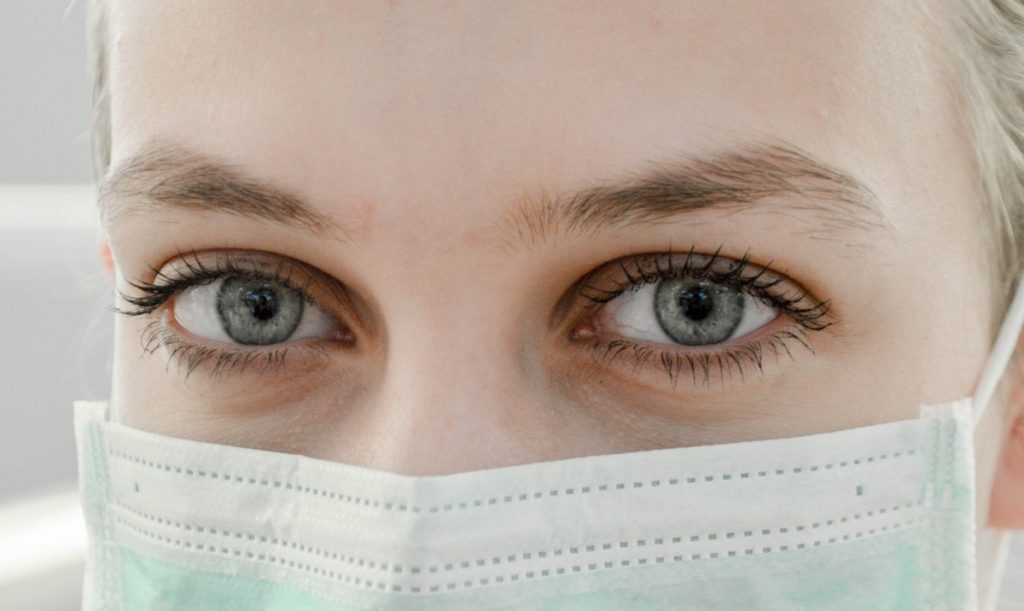Singapore has been hit hard by the pandemic. Although the cases of infection are few and the deaths are in the single digits, the state of the economy is far from ideal. Small companies are reeling, most have opted for business loans to stay afloat, and some might even close permanently.
Workers are draining their savings to pay for expenses while facing a dire future, not knowing if their jobs will still be there once the chaos of the pandemic ends. The epidemic just showed everyone how unprepared they were, and the lesson didn’t come cheap.
Savings Are Essential
As everyone struggles to make ends meet, spending money on a new phone or laptop doesn’t seem worthwhile anymore. Close to a third of Singaporeans workers are living from day to day, using their monthly income to cover their expenses without leaving a portion for savings. The pandemic exposed their vulnerability, leaving them with no choice but to rely on the government for support.
In the future, hold off on that fancy cup of coffee or that dinner at the restaurant. Small indulgences quickly add up, burning through your wallet instead of going to your savings account. Tighten your belt and cut your non-essential expenditures by at least 50 percent. Try to save at least enough money to cover two month’s worth of expenditure. You can even invest the money if you have the know-how and make your money work for you.
A Bit of Prepping Should Be the Norm
Doomsday preppers might have sounded crazy, but nobody is laughing at them now. While the pandemic might not be so severe, the panic in its wake causes a lot more problems. Singapore was less affected by instances of panic-buying than other countries as national stockpiles of food, and other essentials proved to be more than sufficient to weather the crisis.
Your household should also be sufficiently prepared. While there are no restrictions on going to the grocery at this time, a more virulent pandemic in the future might require strict lockdowns. Stock up on emergency food supply and water. You can easily purchase dry food rations online or in specialty shops, and most brands can last for more than 5-10 years.
Hygiene Is Important

Who would have thought merely washing your hands could save lives? The pandemic put a spotlight on the vectors of transmission and how to avoid them. Keep your hands off any surface when you’re outside, wear a mask and glasses if possible, and wash your hands with soap or hand sanitizers as often as necessary.
Take note of places with a high number of people and schedule your trips to avoid the rush. Opt for nods and waves instead of handshakes and hugs. Times are changing, so expect social distancing to be the norm.
This is the first global pandemic in decades, but it won’t be the last. Make sure to be a bit prepared for a crisis because sometimes the cure is almost as worse as the disease.

